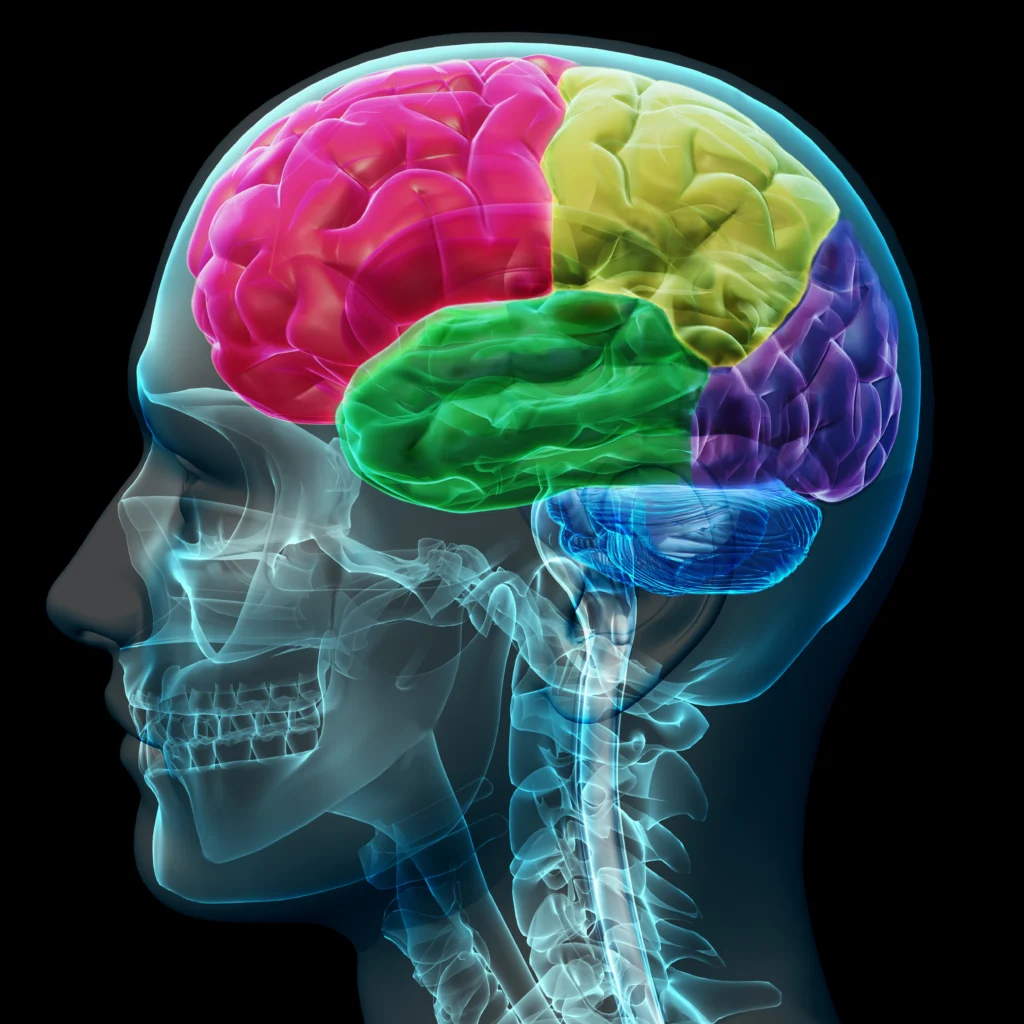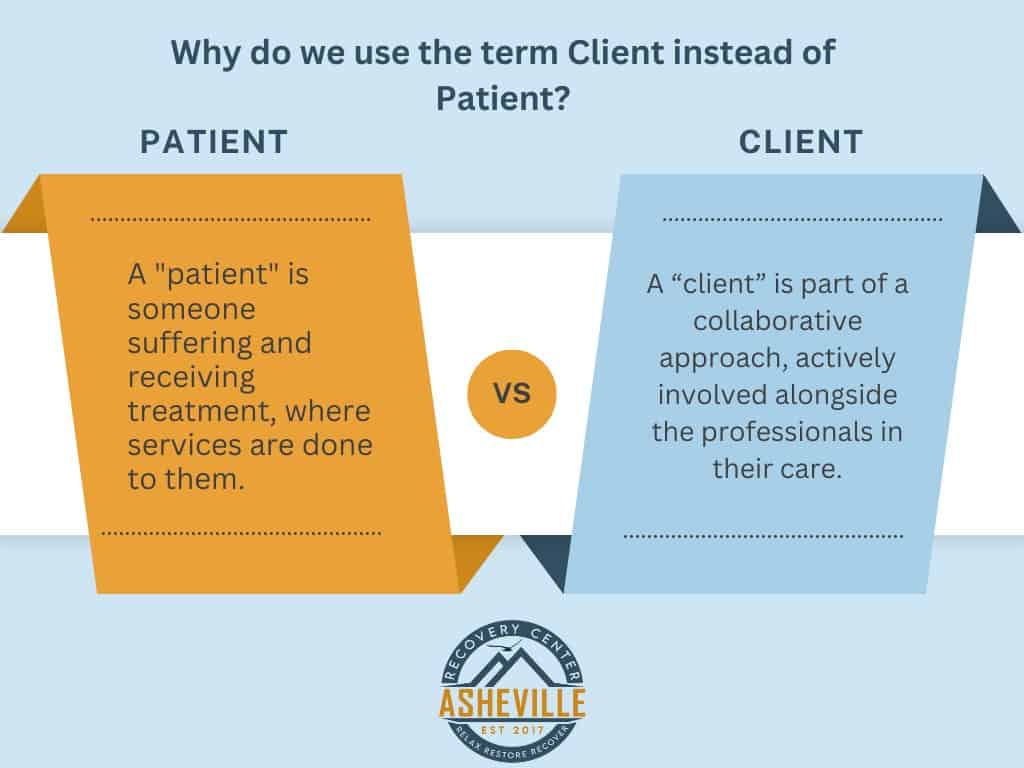When someone enters a substance abuse treatment facility such as Asheville Recovery Center, one of the first steps in their journey toward recovery is undergoing a Biopsychosocial Assessment. This in depth evaluation is one of the most important assessments for understanding the unique needs of each individual and creating a custom and individualized treatment plan. In this blog, we’ll dive into what a Biopsychosocial Assessment entails, explore the common sections that are present on the assessment and questions it includes, and discuss why it’s an essential component of any substance abuse treatment episode.

What is a Biopsychosocial Assessment?
A Biopsychosocial Assessment is a thorough evaluation that examines the biological, psychological, and social factors contributing to a person’s substance use disorder. This holistic approach ensures that all aspects of the individual’s life are considered, providing a complete picture of their situation. By addressing these interconnected factors, treatment providers can develop a more effective and personalized recovery plan.
Sections of a Biopsychosocial Assessment Assessment
Th Biopsychosocial Assessment is broken into 3 main sections:
- Biological Assessment
- Psychological Assessment
- Social Assessment
Biological Assessment
The biological section of the Biopsychosocial Assessment focuses on the physical aspects of substance abuse. This includes understanding the individual’s medical history, current health status, and the impact of substance use on their body. This also takes a deeper look at any genetic predisposition that might lie dormant in the client.

Common Questions:
- What substances are you currently using, and in what quantities?
- How long have you been using these substances?
- Have you experienced any physical health issues related to your substance use?
- Do you have any chronic medical conditions (comorbidity) or a history of significant illnesses?
- Are you currently taking any medications? If so, what are they, and what are they for?
- Have you experienced any withdrawal symptoms when you try to stop using substances? (see common withdrawal symptoms here)
- Do any of your blood relatives abuse or misuse Drugs or Alcohol?
This section helps Clinicians and Therapists identify any immediate medical needs, such as detoxification or treatment for withdrawal symptoms, and any underlying health conditions that may impact the treatment process.
Psychological Assessment
The psychological component of the Biopsychosocial Assessment delves into the mental and emotional aspects of substance abuse. This section aims to uncover any co-occurring mental health disorders, emotional challenges, and psychological factors contributing to substance use such as suicidal ideations, homicidal ideations, bipolar, depression, anxiety, Trauma, or even personality disorders.

Common Questions:
- Have you been diagnosed with any mental health conditions, such as depression, anxiety, or PTSD?
- How would you describe your current mood and mental state?
- Do you have a history of trauma or significant emotional events?
- Have you experienced any suicidal thoughts or behaviors?
- What coping mechanisms do you use when dealing with stress or difficult emotions?
- How has substance use affected your mental and emotional well-being?
By identifying psychological issues, treatment providers can integrate mental health support into the recovery plan, addressing both substance use and co-occurring disorders simultaneously.
Social Assessment
The social section of the Biopsychosocial Assessment examines the individual’s environment, relationships, and social support systems. It considers how these factors influence substance use and recovery. Think about a child who grew up in a household where drugs were being abused, that now becomes what that client think is “Normal” behavior.

Common Questions:
- What is your current living situation?
- Do you have a stable and supportive home environment?
- How would you describe your relationships with family and friends?
- Are there any family members or friends who also struggle with substance abuse?
- What is your employment status, and how has substance use affected your work life?
- Do you have access to social support systems, such as community groups or religious organizations?
Understanding the social context helps the Clinicians at Asheville Recovery Center identify potential triggers, sources of support, and areas where additional resources may be needed to support recovery.
One thing I’ve learned in my 13 years working in this field is that addiction doesn’t pick and choose. It can affect anyone, no matter who they are, where they come from, or how much money they have. Whether someone is rich or poor, well-educated or not, living in a big city or a small town, addiction can turn their life upside down. This shows why it’s so important to have treatment plans that can help everyone, no matter their background. By realizing that addiction can happen to anyone, we can create better ways to support and help those who are struggling.
The Importance of the Biopsychosocial Assessment
The Biopsychosocial Assessment is not just a formality; it is a cornerstone in the treatment process. Here’s why it’s so important:
Personalized Treatment Plans:
- No two individuals are the same, and neither are their journeys with substance use. The Biopsychosocial Assessment allows treatment providers to develop personalized plans that address the specific needs, challenges, and strengths of each person. This custom tailored approach increases the likelihood of successful long term recovery from drugs and alcohol.
Comprehensive Care:
- By examining biological, psychological, and social factors, the assessment ensures that all areas of an individual’s life are considered. This holistic view is essential for providing comprehensive care that addresses the root causes of substance use (we call this the underlying issue), not just the symptoms.
Identifying Co-occurring Disorders:
- Many individuals with substance use disorders also struggle with mental health issues. The psychological assessment helps identify these co-occurring disorders (also known as dual diagnosis), allowing for a dual approach to treatment that addresses both substance use and mental health at the same time.
Building a Support System:
- The social assessment highlights the importance of a supportive environment in the recovery process. By understanding an individual’s social environment, Therapists and Case Managers or Discharge Planners can help build and strengthen support systems, whether through family involvement via family sessions, community resources such as our alumni group, or peer support groups such as AA, NA, or Celebrate Recovery etc.
Monitoring Progress:
- The initial biopsychosocial assessment serves as a baseline for tracking progress throughout the treatment journey. Regular reassessments which usually come in the form of Weekly Clinical Progress Notes can help measure improvements, identify any new challenges, and adjust the treatment plan as needed to ensure ongoing success.
Empowering Individuals:
- The assessment process itself can be empowering for individuals seeking treatment. By actively participating in the evaluation, they gain a deeper understanding of their condition and the factors contributing to it. This self-awareness can motivate and empower them to take an active role in their recovery.

Crafting a Successful Treatment Episode
Successful treatment starts with understanding the person seeking help. The Biopsychosocial Assessment is key to this process, offering insights that shape every part of their care. It addresses medical needs, mental health, and social support, setting the stage for personalized and effective long term recovery.
By conducting a detailed Biopsychosocial Assessment, substance abuse facilities ensure that each person gets the care and support they need for lasting recovery. It’s not just about treating the addiction; it’s about understanding the person and helping them build a healthier, more fulfilling life.
In short, the Biopsychosocial Assessment is crucial in substance abuse treatment. It gives a complete view of an individual’s situation, guiding the creation of treatment plans that address biological, psychological, and social factors. This holistic approach helps providers offer the best care and support, leading to successful recovery and a brighter future.
Take the First Step Towards Recovery Today
If you or a loved one is struggling with addiction, don’t wait another day to seek help. At Asheville Recovery Center, we offer compassionate, personalized care to support your journey towards recovery. Our experienced team is dedicated to providing comprehensive treatment plans tailored to your unique needs. Contact us today to learn more about our programs and start your path to a healthier, sober life. Call us now or fill out a contact form to get started. Your recovery begins here.






